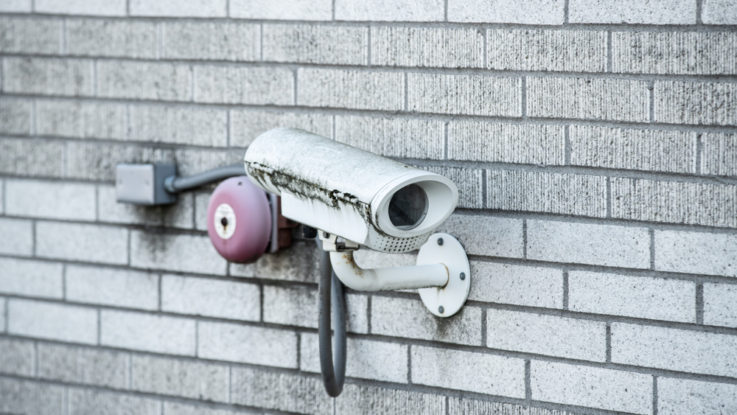
Portland, OR’s City Council has unanimously passed an initial policy regarding surveillance technologies which aims to strike a balance between their benefits and risks. The city previously implemented privacy principles and a ban on the use of facial recognition systems, and this new policy is intended to provide an overall guidance on their use.
The surveillance technologies under discussion include a wide range of data-gathering tools such as: automatic license plate readers; security cameras; digital payment systems; sensors; digital kiosks; social media monitoring, and more.
The project was led by the Bureau of Planning and Sustainability’s Smart City PDX team and the Office of Equity and Human Rights. It also involved a series of co-creation workshops and events with community groups and partners. During the process of creating the policy, the team noted that “surveillance technologies have historically [had] disproportionate negative impacts against marginalized people” and that “impacted communities include Black and Brown people, those who don’t have personal devices, people living with mental health issues, people experiencing houselessness, and those participating in civic engagement activities.”
Smart City PDX will work with city departments to submit an audit of surveillance technologies currently in use by March 2024. It will include the type of technology and its purpose, the department and any third parties responsible, and how effectiveness will be assessed. The team will then design procedures for the use and acquisition of surveillance technologies, and for implementing privacy impact assessments. They will also evaluate the staff and budget needed for an ongoing dedicated program.
City Commissioner Carmen Rubio said: “This is not about banning technology, it’s about ensuring we use technology responsibly, ethically and legally in a manner that protects us. I want to be clear that these issues go well beyond any one or two bureaus, it really addresses all the surveillance technology in every bureau so we have a consistency of approach.”